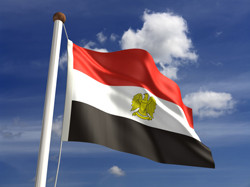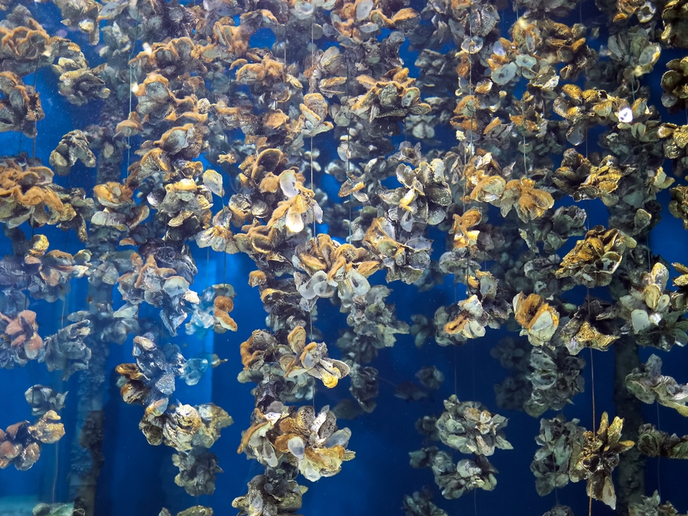Egypt and EU collaborate on fisheries and aquaculture
The 'Fisheries and aquaculture-Oriented Research Capacity in Egypt' (FORCE)(opens in new window) project aimed at reinforce the management skills of researchers and young scientists at NIOF, as well as other Egyptian Institutions, in order to enhance the Centre’s competitiveness in a sustainable way. The work carried out by FORCE will also benefit other southern Mediterranean countries. This goal has been achieved through training and transfer of innovation technology and expertise from EU to Egypt. Two training courses and learning by doing were held; the first concerned modelling tools for site selection and environmental impact assessment (EIA) for finfish such as sea bass and sea bream. The second training course and learning by doing focused on an ecosystem approach for fisheries management challenges facing Mediterranean fisheries. For reinforcing the Egyptian researchers’ competitiveness - to make them able to valorize their research results, more than 280 people benefited as a result of the five capacity building activities; two seminars organised provided researchers with an introduction to the skills that are required to write competitive proposals and to help them understand and navigate the EC funding landscape (FP7, H2020). One training seminar under the title “How to internationalize your research” has been organized with the overall goal of assisting research institutions to focus on the formulation of a medium-term strategy for research internationalization. A second seminar was held to provide the Egyptian scientists with an introduction to the EC funding procurement landscape and to improve their networking opportunities. Two Aquapoincs training courses and learning by doing have been organised exclusively for young girls (high school students) and selected fishermen’ wives, for providing technical support to increase women’s participation in the labour market and in the establishment of their own enterprise. Moreover, a 5-year research valorisation strategy plan for NIOF has been formulated in order to support its mission beyond FORCE. Stakeholders and policy makers have been involved in the whole project activities to provide an efficient feedback from the external community including those that are not in the first circle of awareness. Knowledge gained through FORCE was used in pilot studies and included in a text book for researchers, stakeholders and policy makers. EIA terms of reference were developed to assist potential investors in choosing appropriate sites and provided guidance on fish farming and the application of innovative systems. In addition, two scientific papers are being published. FORCE project has played an important role in building institutional capacity among all its partners and stakeholders. This will have a positive impact on the socioeconomic development of Egypt, as well as other North African countries. This initiative also supports the sustainable management of fisheries, supporting the principles outlined in the Horizon 2020 framework and EU marine strategies. One of the main lessons to be learned from the FORCE training events is that success in creating innovations is a key factor for the success of both researchers and societies. One precondition for this is high-level R&D know-how transfer.







